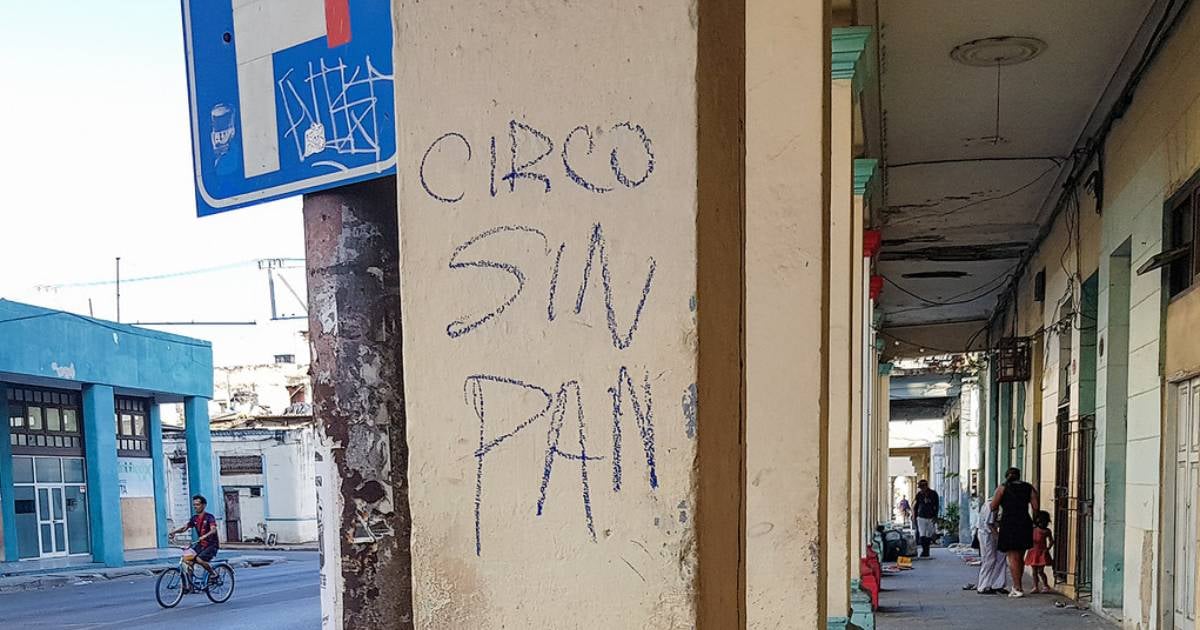In a deeply moving essay, Cuban physician Omar Rensoli lays bare the stark reality of a nation grappling with over six decades of unfulfilled promises, caught between enforced endurance and muted anguish. His piece, titled "How Much Longer, Cuba?" has circulated across various Facebook groups.
"Endurance is no longer enough," asserts Rensoli, arguing that what has long been portrayed as a civic virtue of the Cuban people is nothing more than a daily sentence imposed by a regime that has normalized scarcity, indoctrination, and fear. According to him, endurance has not been a free choice but the only means to survive.
The Streets as Testaments to Abandonment
The author invites readers to walk through the streets of Havana, Santiago, or any corner of the country, likening them to a "museum of neglect," where poverty no longer shocks but instead defines everyday life. "Dignity, that fundamental human right, has been reduced to an empty slogan," he writes, highlighting a profound disconnect between the official narrative and citizens' real experiences.
A Candid Critique of the Regime
Without ambiguity, Rensoli refers to the Cuban government as a dictatorship that has "bled the soul of the people dry" and normalized misery, embedding it into the national DNA. His criticisms also target the ideological confines that punish dissent or emigration, alongside the cynicism of a state propaganda machine that conceals the desperation of those dreaming of escape or simply living with dignity.
"How you pain me, Cuba. But you also inspire me not to remain silent," the author concludes, encapsulating the spirit of his denunciation with a blend of deep sorrow and rebellious hope. The publication has sparked comments from Cubans who agree with the author that the breaking point was surpassed long ago.
Voices of a Nation Weary of Suffering
"Until 10 million Cubans muster the courage and take to the streets across the country. Against that, they can do nothing," one user commented. Another reader shared, "That's the question we ask ourselves, those of us living on the island. How much longer? It hurts, but staying silent hurts more. That's why we can't accept silence."
Others express a mixture of despair and fractured faith. "I think even God has forgotten us. We pray every day to end this anguish and each day we are punished," wrote another.
Rensoli's words, which in 2024 had already made waves by exposing the stark reality of an empty store in Cuba through video, now find written form to denounce a country where dignity has become merely a slogan and poverty a norm.
At the end of his essay, the author leaves a resonating message: "Cuba deserves more. It deserves freedom, truth, and above all, dignity."
Understanding Cuba's Endurance and Struggles
What is Omar Rensoli's main argument in his essay?
Omar Rensoli argues that the endurance of the Cuban people, often portrayed as a virtue, is actually a daily sentence imposed by a regime that has normalized scarcity, indoctrination, and fear.
How does Rensoli describe the current state of Cuban streets?
Rensoli compares Cuban streets to a "museum of neglect," where poverty is not surprising but rather defines everyday life.
What does Rensoli believe Cuba deserves?
Rensoli believes Cuba deserves more than its current state; it deserves freedom, truth, and above all, dignity.
What reaction has Rensoli's essay sparked among Cubans?
Rensoli's essay has resonated with many Cubans who agree that the breaking point was surpassed long ago, with some expressing a mixture of despair and fractured faith.
